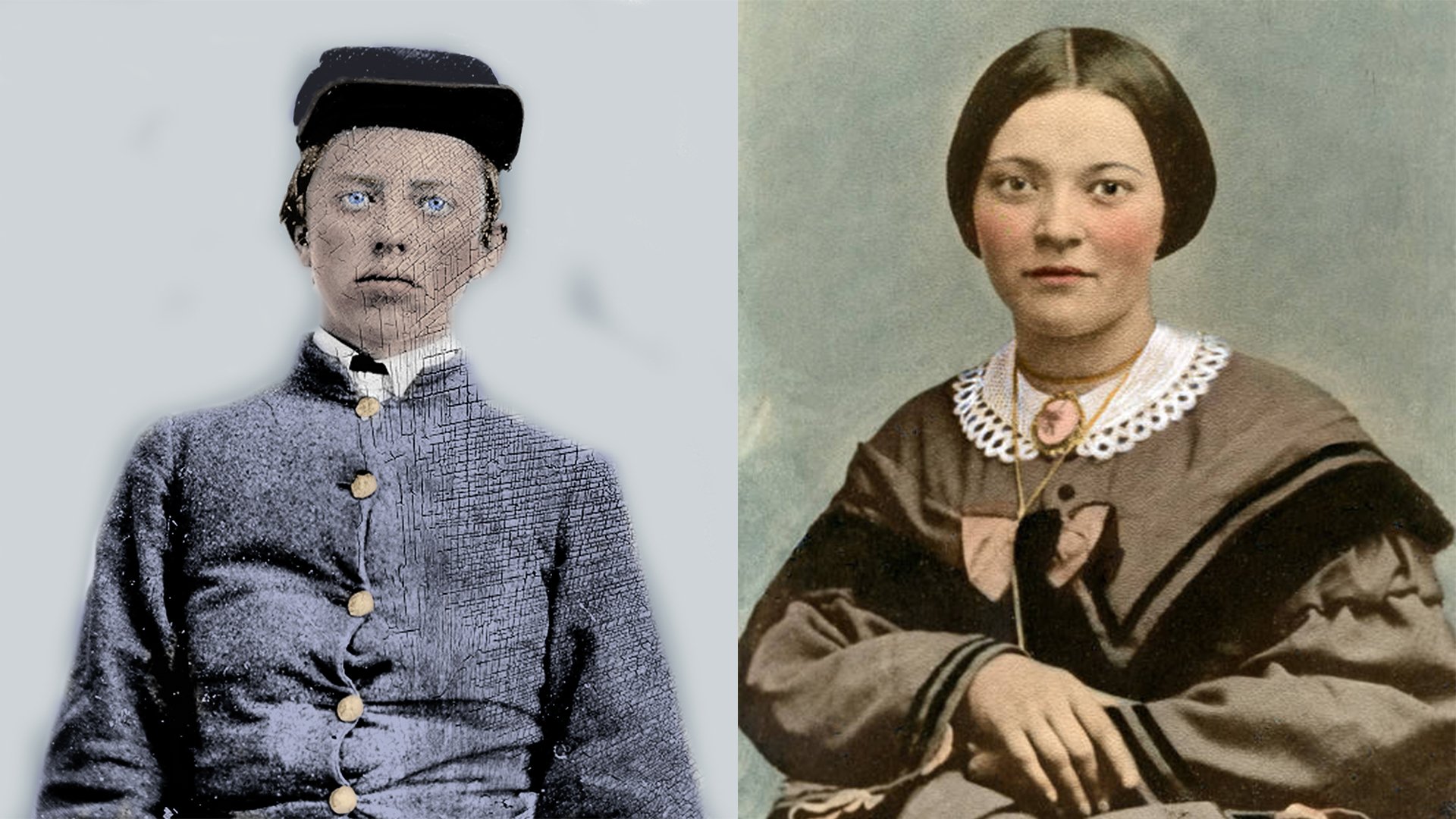
People
Learn about the Civil War in the Valley from the stories of the men, women, soldiers, and civilians that lived through it
Francis McFarland
Augusta County Resident
1788 — October 10, 1871
Francis McFarland was born in County Tyrone, Ireland in 1788. When he was five, his family immigrated to Pennsylvania. Much of his youth was spent on his parents’ farm in Washington County, Pennsylvania. When he was twenty-two, McFarland made a public profession of faith and joined Cross Roads Presbyterian Church in rural Pennsylvania.
Over the course of the next few years he earned a college degree and entered Princeton Theological Seminary. He was licensed to the ministry in 1819 and took several missionary trips to Indiana, Missouri, and Georgia. He returned to the northeast and was ordained at the First Presbyterian Church in Brooklyn, N.Y. in 1822. Shortly thereafter, he suffered a severe breakdown of health and his doctor recommended a trip by horseback through the South as a means of recovery.
By the time he reached the Shenandoah Valley, his health had recovered enough that he could preach. An invitation to preach at “a large country congregation called Bethel” in southern Augusta County changed the course of his life forever. He was installed at Bethel in 1823. With the exception of five years, from 1836 to 1841 when he served the national church in Philadelphia, McFarland would spend the rest of his life in Augusta County.
Although he was a minister first and foremost, he was also a farmer, in the wheat basket of America. He purchased a 130-acre farm, Rosemont, in 1841 that he operated together with his sons, slaves, and hired hands. The cash crop at Rosemont was wheat. Harvest, in late June or early July, meant intense labor, but there was a multitude of farm chores required all year. The war interrupted that daily routine in a variety of ways: hands needed to work the farms were off at war, leaving women, children, and old men home to complete the necessary tasks. Markets for farm products dried up, shortages of household goods not produced on the farm were acute, currency inflation meant what little was available could not be afforded, and the Confederate tithes took farm products, such as hay and cattle, to supply the army. Things were even worse when the war actually came to the homefront as it did in Augusta County twice in 1864 and once in 1865.
The McFarlands suffered greatly in the war. One son was killed and two were imprisoned. Of the two imprisoned, one died as a result of that imprisonment fourteen months after the war’s conclusion. Union soldiers confiscated livestock, shortages and privation was rampant, funerals for fallen men in the community were commonplace, and slaves just disappeared or threatened the lives of the McFarland family.
When the war ended, however, McFarland took his oath as a U.S. citizen, preached reconciliation to his congregation, welcomed his two remaining sons home from war, and went back to his work of ministering his flock and tending the land.

